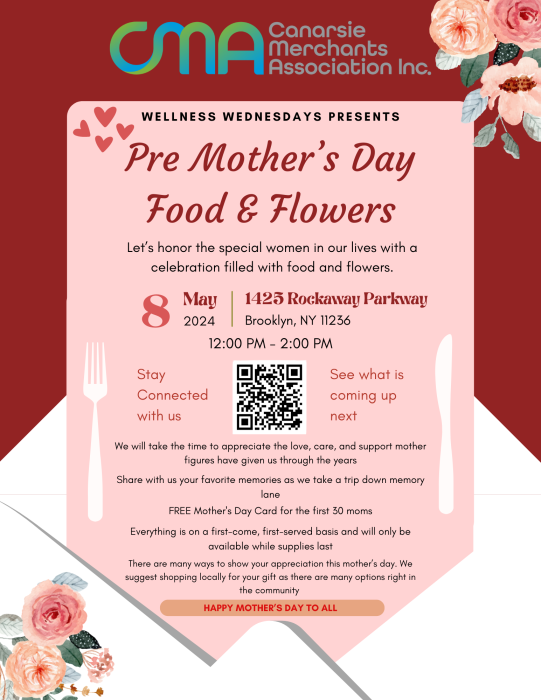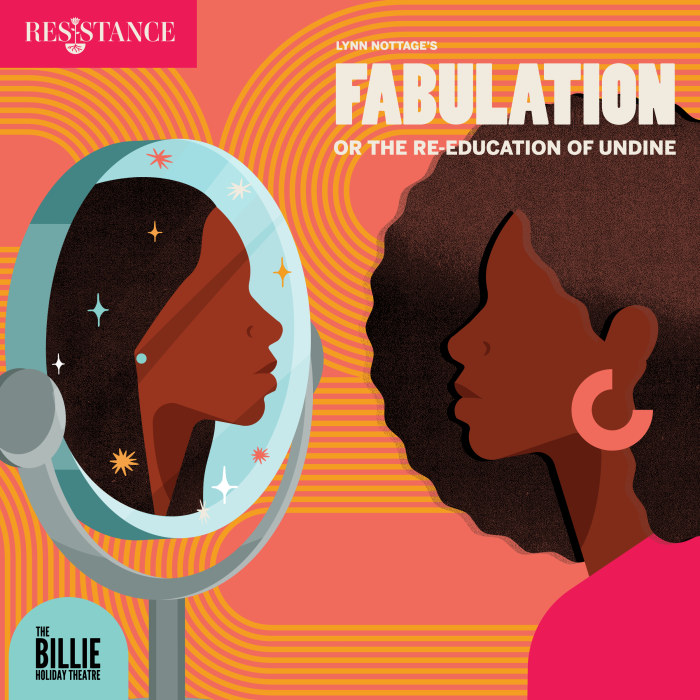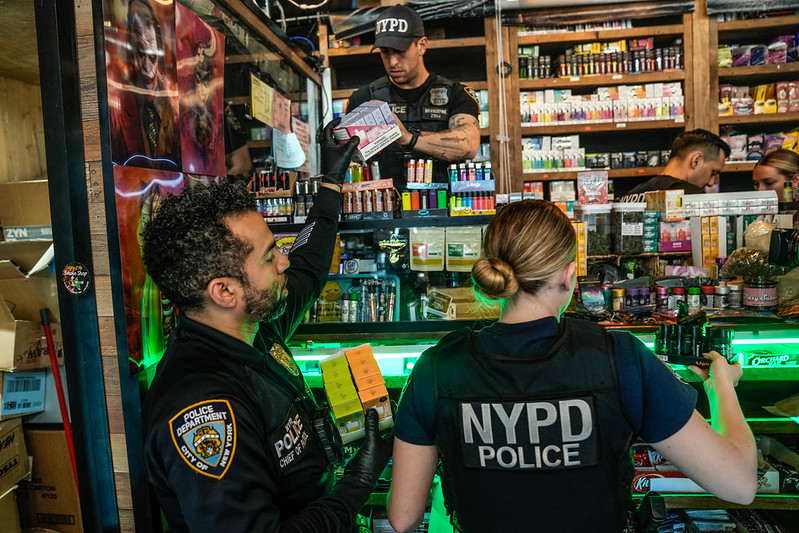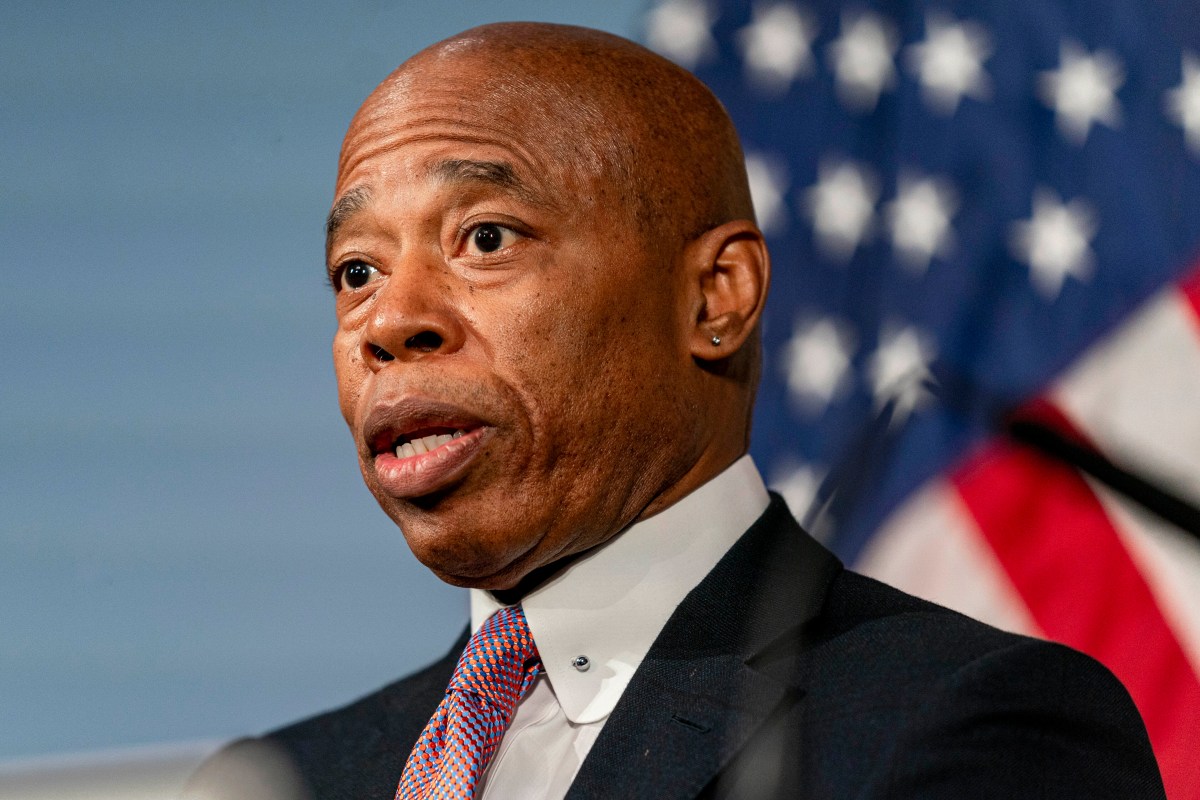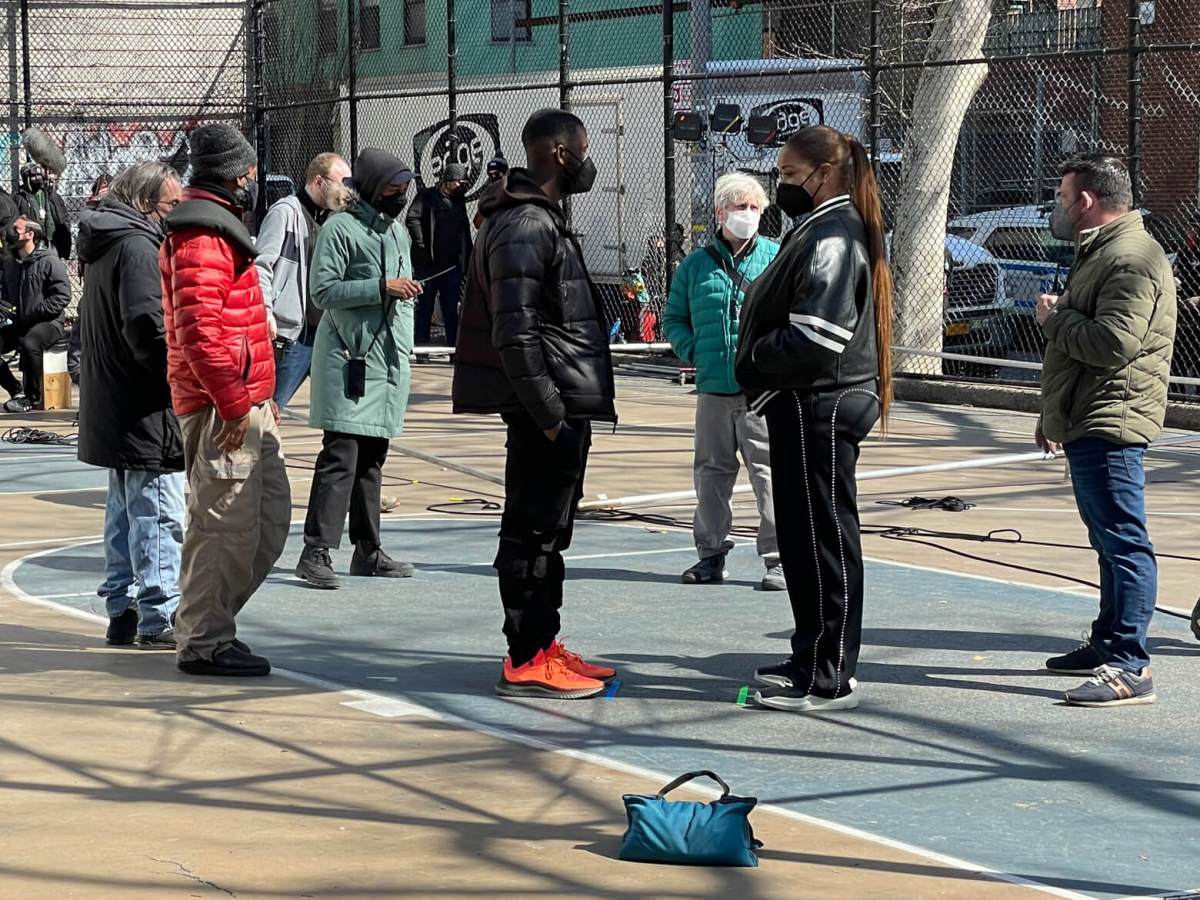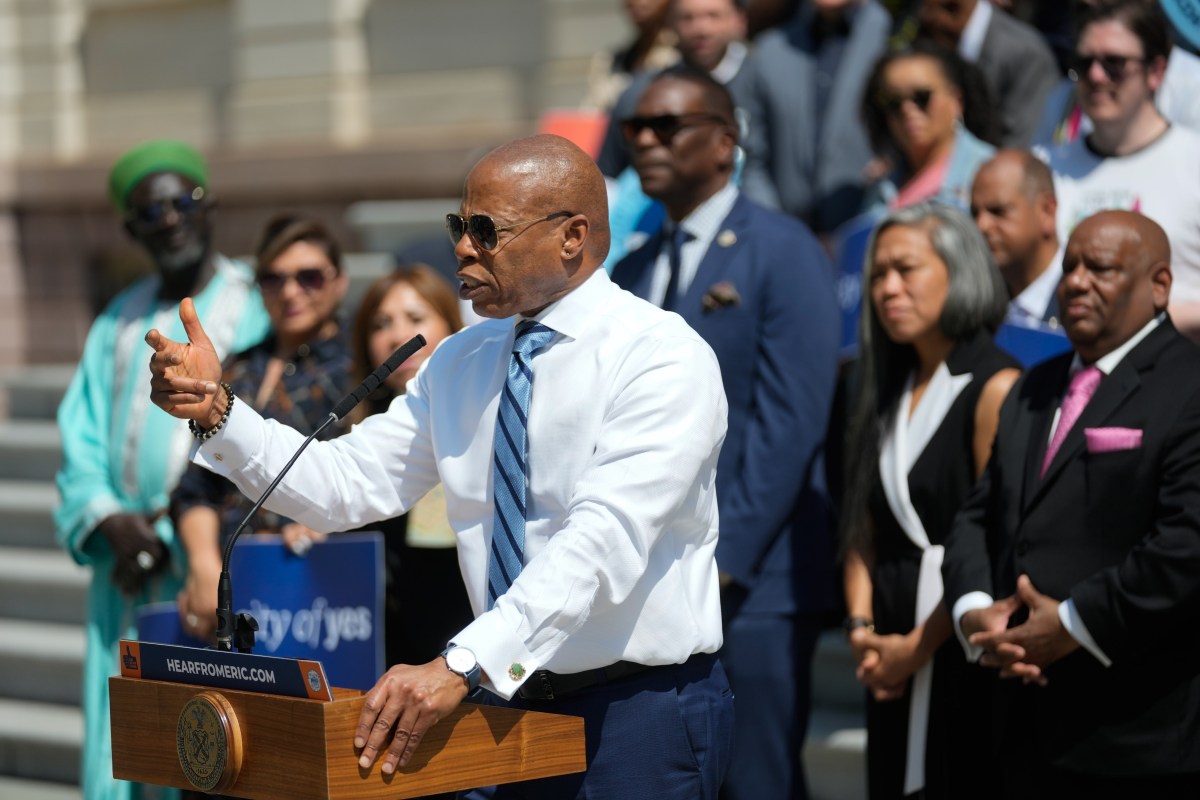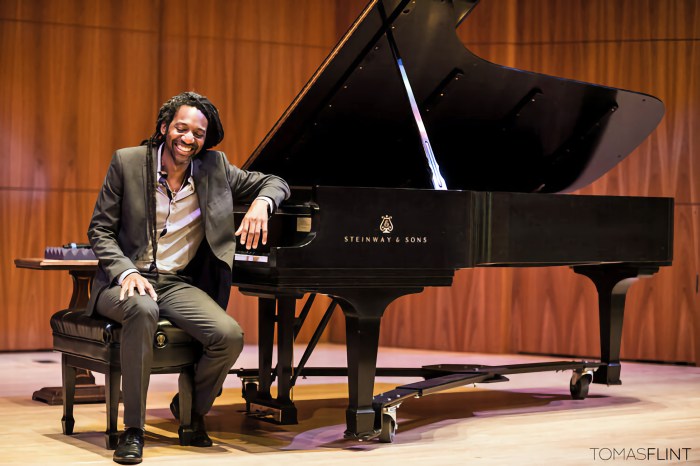Having arrived in New York as a young adult and not a bouncing bundle of joy, I missed out on what seems to be the crucial forging of a real New Yawker: Playing ringolevio with my friends on a summer night.
In fact, I am still not sure how you play ringolevio, or even how to spell it. All I know is: If you did play it as a kid, you will remember it until your dying day as your fondest memory ever. Unless that fondest memory was stickball. Or double Dutch.
The fact that our memories — and loyalties, and maybe even our personalities — are formed while playing should hint at just how important it is. But since “play” is the opposite of “work,” it hasn’t gotten a lot of respect as an important activity.
Until these past few weeks.
Now, finally, playing is kale, sunshine, and Advanced-Placement History all together.
First came the American Academy of Pediatrics report that aimed a Nerf Blaster at the current practice of forcing kids to spend all their school time on classwork, and all their after-school time on homework. That is backwards, said the good doctors. What kids need is more free time after school, and more recess while in it. In fact, said pediatrician Michael Yogman, “We’re recommending that doctors write a prescription for play, because it’s so important.”
That goes double for kids in pre-K: “Instead of focusing solely on academic skills, such as reciting the alphabet, early literacy, using flash cards, engaging with computer toys, and teaching to tests (which has been overemphasized to promote improved test results), cultivating the joy of learning through play is likely to better encourage long-term academic success,” according to the report.
It may seem as if learning to read as young as possible is the key to becoming Bill Gates, but it is really more important for kids to learn how to build with blocks, play tag, or pretend to be a lion. Once they find something so fun that they “work” to make it happen, they’re learning focus, creativity, perseverance, and initiative.
Even rough-and-tumble play is important, say the doctors: When kids roughhouse, they learn how not to go too far because then the game is over — the pummeled kid quits. So the tusslers have to learn how to keep everyone happy to continue playing.
Grown-ups call this “empathy.”
Mother Nature knew that these social skills are tough to learn, which is why she installed the play drive.
Now, in addition to the Pediatrics report comes a new book by New York University Business Prof. Jonathan Haidt and Greg Lukianoff, head of the Foundation for Individual Rights in Education. In “The Coddling of the American Mind,” they set out to discover why college kids are having a harder time these days. Visits to mental-health services are skyrocketing, and not just because the stigma of seeking help has decreased. An unprecedented 25 percent of all adolescents say they fear they are losing their minds. There’s also been an increase in youth suicide.
Where is this anxiety and anguish coming from? The authors say, “Children deprived of play are likely to be less competent — physically and socially — as adults, less tolerant of risk, and more prone to anxiety disorders.”
Okay, okay: Kids need play. But how can we get it back into their lives, when most kids come home from school and proceed directly to a screen, or put on a uniform and go off to a sport that is fun, but not really “free play,” since an adult is in charge?
Simple: Have schools stay open and offer free play as an after-school option. That’s the idea behind the Let Grow Play Club my non-profit recommends. (We don’t make any money on it, we just encourage it in schools.) With a few adults on premises in case of emergencies — but who don’t intervene — kids organize their own games and solve their own spats. They get the kind of play everyone is recommending: Self-directed, no devices allowed. (For a how-to, visit letgr
They say you don’t know what you got ’til it’s gone. That’s the case with do-it-yourself, ringalevio-type free play. It was the golden part of childhood until it evaporated into homework, organized sports, and Fortnite.
Bring it back and everyone wins.
Lenore Skenazy is president of Let Grow, a nonpartisan group promoting childhood independence and resilience, and founder of Free-Range Kids.



